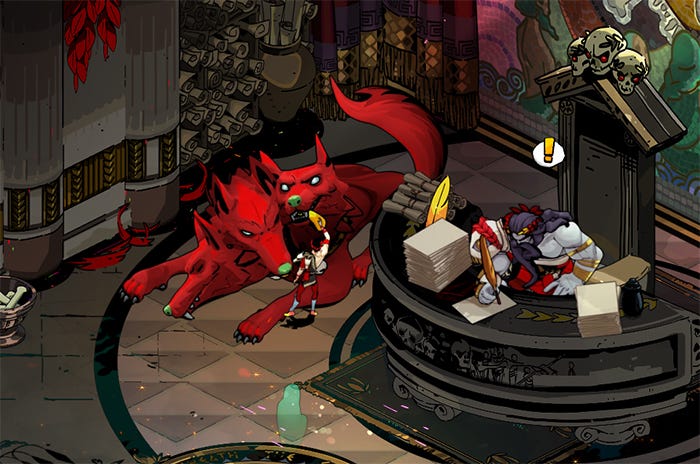How Writing Is Like Playing Hades
Or an attempt to turn my video game time wasting into a newsletter
I’m going to be honest with you. Five days into this omicron-infused 2022, I haven’t gotten a lot of fiction writing done. Or any. Instead I’ve spent most of the time writing syllabi and assignments for my classes… or else procrastinating by playing Hades, the Greek mythology inspired video game that everyone else spent 202…
Keep reading with a 7-day free trial
Subscribe to Counter Craft to keep reading this post and get 7 days of free access to the full post archives.



